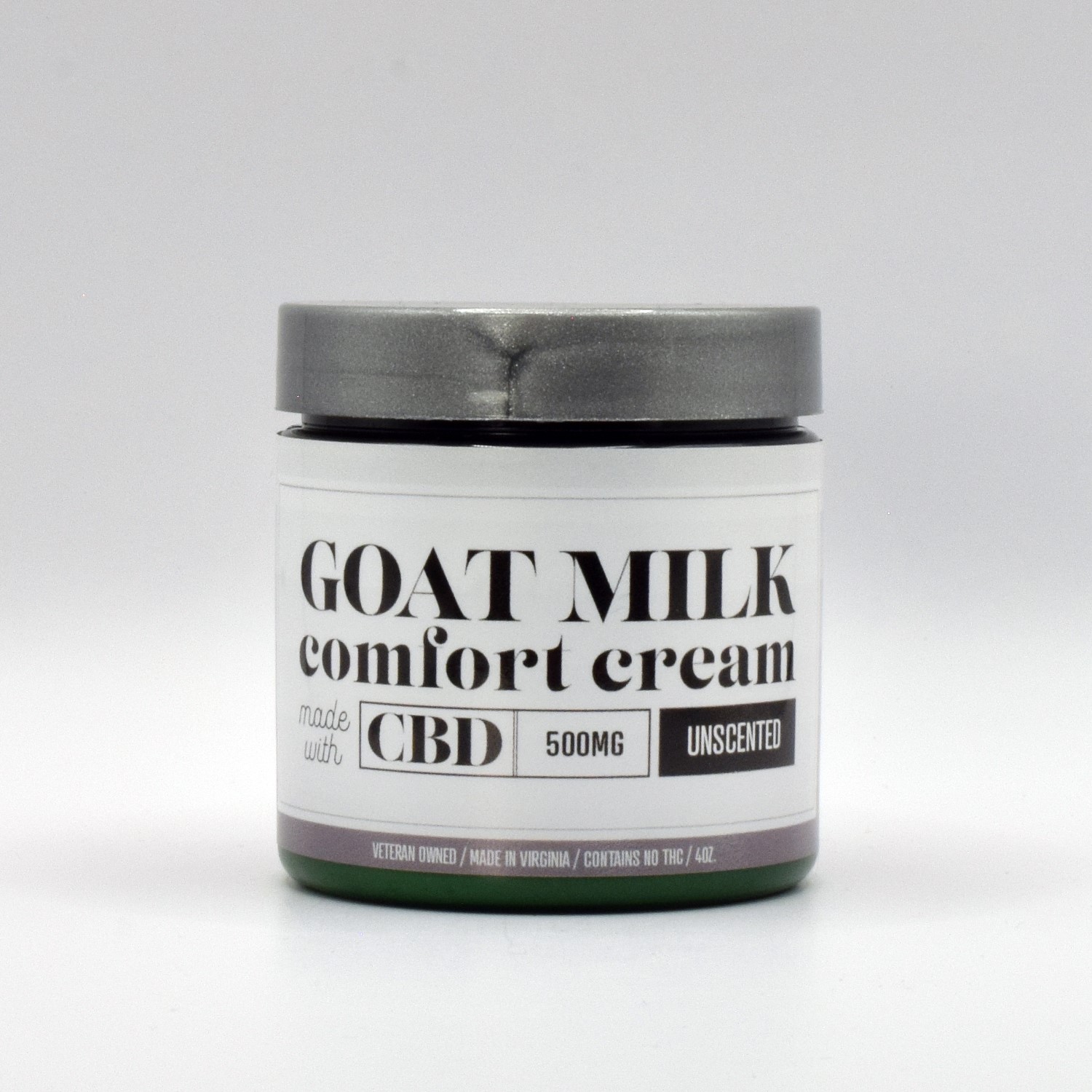The Ultimate Guide to Utilizing Quiet Monk CBD for Pain Relief
The Function of CBD Products in Supporting Health and Alleviating Pain: A Comprehensive Take A Look At Their Benefits
The appearance of CBD items has actually triggered significant interest within the health care community, mostly because of their capacity in advertising health and minimizing pain. Their interaction with the endocannabinoid system suggests a multifaceted technique to pain management, anxiousness reduction, and the treatment of inflammatory conditions. While existing study highlights their appealing advantages, inquiries stay regarding the systems behind their efficiency and the scope of their applications. Discovering these aspects may disclose not just the degree of CBD's healing potential however also its implications for future health methods.
Recognizing CBD and Its Quality
CBD, or cannabidiol, is a substance acquired from the marijuana plant, recognized for its prospective healing residential properties. Unlike its even more famous counterpart, THC (tetrahydrocannabinol), CBD is non-psychoactive, implying it does not produce the "high" commonly linked with marijuana usage. This particular makes CBD especially appealing for those seeking remedy for various health issues without the intoxicating effects.
CBD communicates with the endocannabinoid system (ECS) in the body, which plays a critical function in preserving homeostasis. The ECS consists of receptors, endocannabinoids, and enzymes that interact to manage numerous physical processes, including mood, sleep, and immune feedback. Study shows that CBD might influence the ECS by boosting the degrees of endocannabinoids or by regulating receptor task.
In enhancement to its communication with the ECS, CBD exhibits anti-inflammatory, antioxidant, and neuroprotective residential properties. These characteristics contribute to its growing appeal in the wellness sector, specifically for managing conditions such as anxiousness, chronic pain, and sleep problems. As clinical query right into CBD proceeds, its potential applications in health and wellness and health continue to be a dynamic area of expedition.
Systems of Discomfort Relief
The systems of pain alleviation connected with cannabidiol (CBD) include complex communications within the body's endocannabinoid system (ECS) By binding to these receptors, CBD might modulate natural chemical release and reduce the transmission of pain signals.
Moreover, CBD has been revealed to have anti-inflammatory properties, which add to its analgesic impacts. By inhibiting the production of pro-inflammatory cytokines and moderators, CBD can help relieve pain connected with inflammatory conditions. In addition, CBD might enhance the degrees of endocannabinoids, such as anandamide, which can better advertise pain relief through enhanced receptor activation.
Furthermore, CBD's influence on the serotonin system might offer additional paths for pain inflection. By communicating with serotonin receptors, CBD may ease pain and boost total wellness. Jointly, these systems highlight just how CBD can work as a multifaceted representative in the monitoring of pain, providing possible benefits for people struggling with numerous unpleasant problems.
CBD for Anxiousness Management
Anxiety conditions affect numerous individuals worldwide, motivating the expedition of various treatment alternatives, including natural remedies. Cannabidiol (CBD), a non-psychoactive compound obtained from the marijuana plant, has acquired attention for its potential role in anxiousness monitoring. Research recommends that CBD may interact with the endocannabinoid system, which plays a vital function in regulating mood and stress and anxiety reactions.

Unlike traditional anxiolytic drugs, CBD supplies a desirable side impact profile, making it an enticing option for those seeking choice therapies. Individuals usually report feeling calmer and a lot more kicked back without the sedation typically connected with pharmaceutical therapies. While additional study is necessary to establish optimum dosages and long-lasting impacts, the existing evidence highlights CBD's possible as a beneficial tool in handling anxiety disorders and improving overall mental wellness.
Anti-Inflammatory Effects of CBD
Countless researches have actually highlighted the anti-inflammatory properties of cannabidiol (CBD), suggesting its possible as a healing agent for different inflammatory problems. CBD communicates with the body's endocannabinoid system, which plays a vital role in regulating immune reactions and inflammation. By modulating the activity of particular receptors, CBD can help in reducing the manufacturing of pro-inflammatory cytokines and prevent the activation of immune cells that contribute to swelling.
This anti-inflammatory result is particularly helpful for individuals experiencing from chronic inflammatory diseases such as arthritis, numerous sclerosis, and inflammatory bowel condition - Quiet Monk visit CBD. By easing inflammation, CBD not only helps to minimize pain however additionally improves general lifestyle for afflicted people
Furthermore, CBD's non-psychoactive nature makes it an attractive option for those seeking alleviation without the envigorating impacts related to tetrahydrocannabinol (THC) As an all-natural compound, CBD uses an encouraging alternative to conventional anti-inflammatory medications, which commonly include a series of negative effects. Proceeded research right into the particular mechanisms whereby CBD applies its anti-inflammatory results will certainly better illuminate its prospective as a risk-free and reliable treatment for various inflammatory conditions.
Current Study and Searchings For
Current examinations into the healing capacity of cannabidiol (CBD) have produced encouraging results, stressing its efficiency in managing different health and wellness concerns, specifically discomfort and inflammation. Numerous researches have actually highlighted CBD's capability to modulate pain paths and minimize inflammatory actions, making it a candidate for treating problems such as joint inflammation, neuropathy, and chronic pain disorders.
An organized testimonial released in 2023 synthesized searchings for from several clinical trials, disclosing that CBD significantly minimized pain in participants with persistent conditions, commonly generating go to website less negative effects news than conventional analgesics. Research study indicates that CBD may engage with the endocannabinoid system, affecting pain perception and inflammatory procedures.

Final Thought
Finally, CBD items exhibit substantial potential in promoting health and relieving discomfort via their unique interaction with the endocannabinoid system. Their anti-inflammatory, antioxidant, and neuroprotective residential properties add to effective pain inflection and anxiety decrease. Recurring study remains to reveal the considerable benefits of CBD, developing it as a promising all-natural treatment. As understanding of its devices deepens, CBD's function in boosting total wellness becomes significantly evident in both professional and restorative contexts.